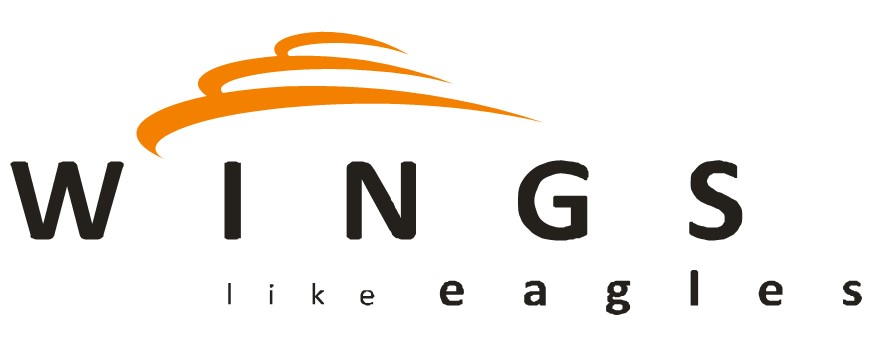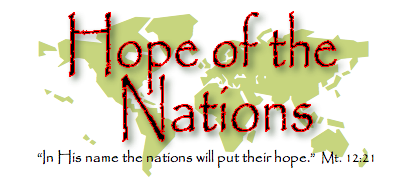Ground operations in disaster response
Good ground operations are a key. They make Wings’ efforts really effective. There is little point flying round if the rescue teams don’t know what you are planning. Or if you can’t load right cargoes.
It is even worse if the ambulance isn’t there when the casualty comes in!
We plan properly. We give good coordination. Why not ask us about that?
What are the benefits of good ground operations?
Pilots work very hard in disaster operations. We are all driven by the desire to ‘keep helping’. There are so many needs. But pilots need especially clear heads. The weather forecasting is not good. Or the fuel is delayed. Maybe the tasks change in the middle of the day. It is a very dynamic situation.
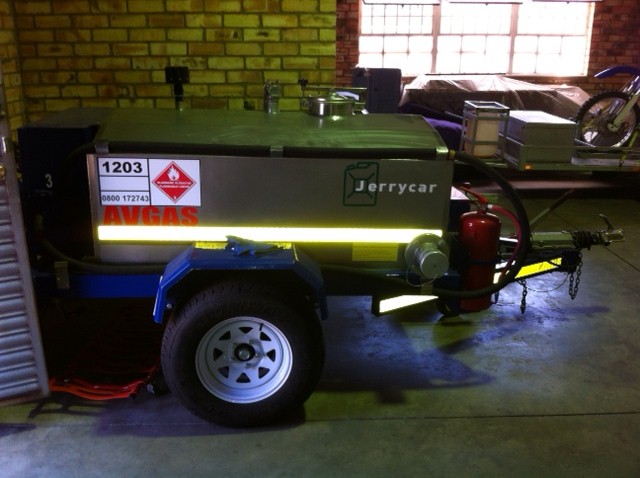
Before take-off, we tell the passengers when to board. We organise the right cargoes. The ground coordinator combines the mixed loads. He finds the loaders. Maybe we need under slung loads. So she prepares the nets. (Shown here under the WLE Logistics helicopter.) And he marshals the aircraft. Or he or she greets and escorts the VIPs.
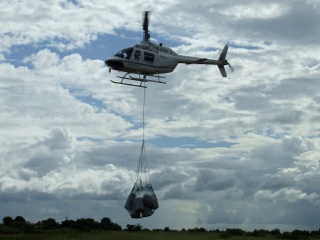
On return, we collect the latest information. Where were the loads dropped? Are there new needs? Who is organising lunch? Did the media get what they wanted? Are more sorties needed? We need answers to all these questions.
So we organise the accommodation. We get the cash out. Or we order the taxis. We have strong links with Mercy Air over this work. We trust each other. Our long relationship has built mutual confidence.
This work really helps people. They are in real need. Donate here!
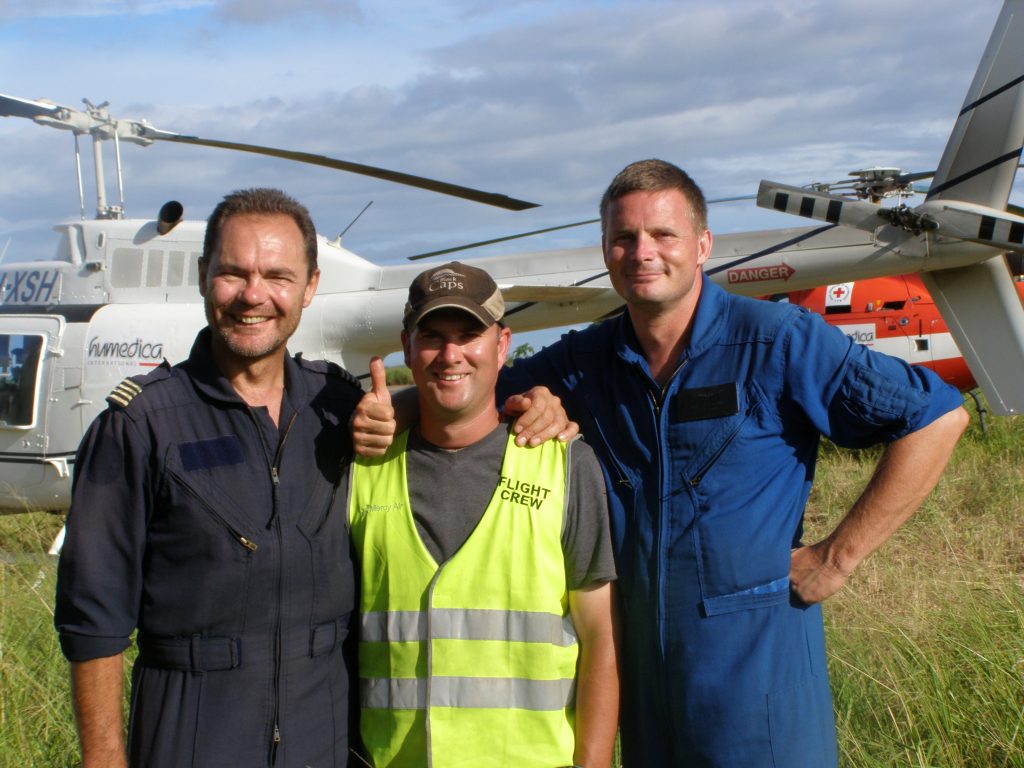
This is how we make the relief operation much more efficient. One person on the ground makes such a difference in smaller disasters. Normally there is one coordinator between two helicopters, like Wings did in first in 2007.
This is fascinating work. It is hugely rewarding. Ask us about this sort of work. You can contact us here!
What about bigger disasters?
In bigger disasters, more aircraft come. Different donors pay for different types of helicopters. They are operated by different nationalities.
Other aircraft arrive too. Smaller fixed wing aircraft. Drones. Even surveillance kites. They all have parts to play. They all make contributions.
Air traffic controllers get overloaded. We are the people to help coordinate operations from the apron. And to liaise with the government experts. Or to liaise with the airport team.
Huge cargo aircraft take hours to fuel. They bring so much. But they can delay everyone. We get organised.
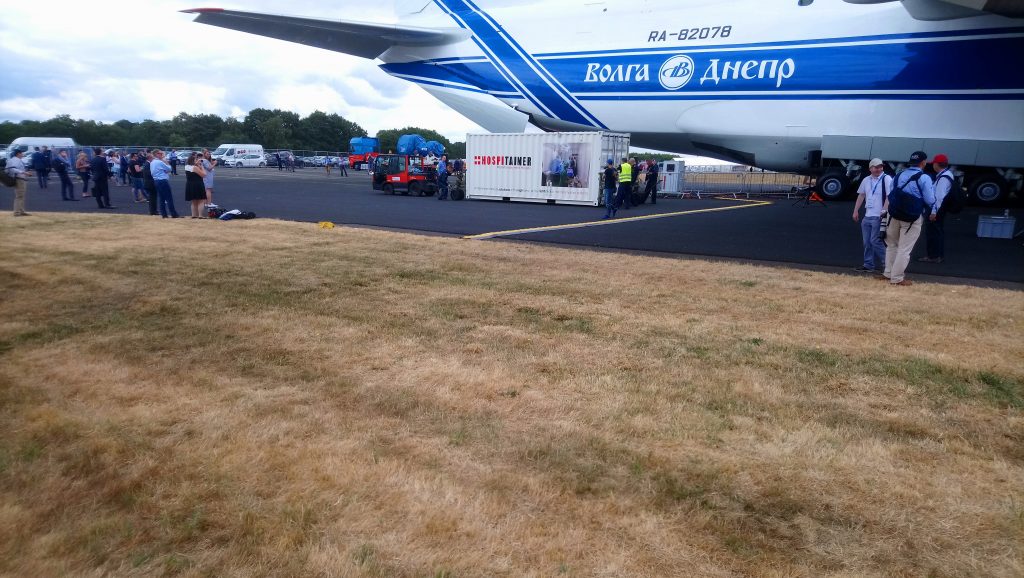
We do that sort of coordination. We can work with all the responders. And we can make things run smoothly through good ground operations.
You can help us with that. Look at our annual reports and make a decision.
